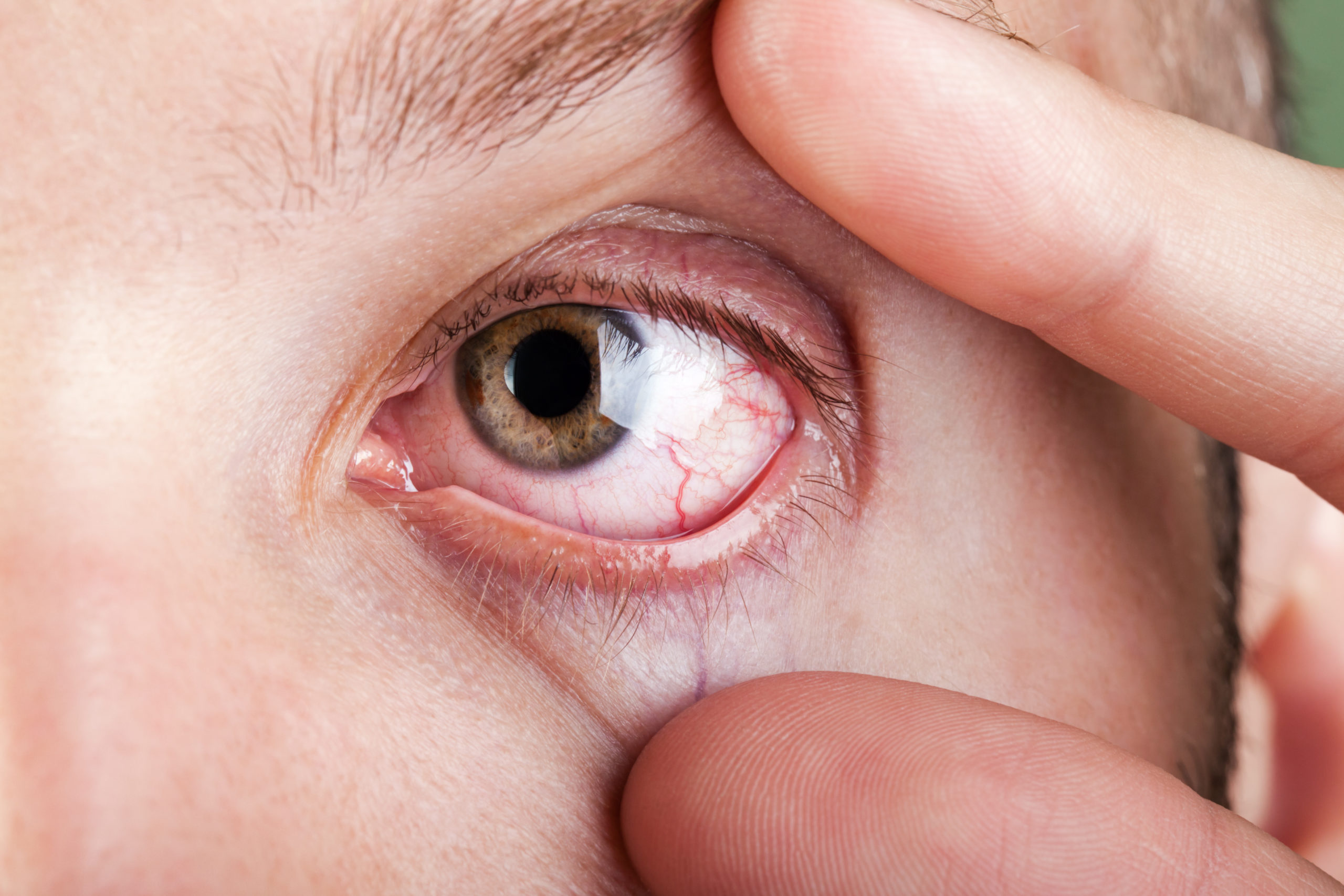
What is optic neuritis?
The optic nerve is the nerve that carries information about what you see from the eye to the brain. Optic neuritis occurs when the optic nerve becomes inflamed or damaged and causes pain in the eye and a sudden partial or complete loss of vision.
What are the symptoms of optic neuritis?
Symptoms of optic neuritis include:
- pain in or around the eye, which might feel worse when you move your eye
- colours appearing ‘washed out’ or dull
- blind spots or areas of poor vision surrounded by normal vision
- a sudden loss of vision in one or both eyes that can be partial or total
The symptoms usually come on suddenly and get worse over about 2 weeks, then start to improve.
What causes optic neuritis?
The exact cause of optic neuritis is unknown. However, it is thought that the body’s immune system might be mistakenly attacking the tissue covering the optic nerve.
Optic neuritis has been linked to other health conditions including:
- multiple sclerosis
- autoimmune diseases
- bacterial and viral infections
Optic neuritis usually affects one eye in adults, but it can affect both, and it can affect children too.
How is optic neuritis diagnosed?
If you have any eye pain or loss of vision, you should see your doctor within 24 hours. Your doctor might refer you to an eye specialist (ophthalmologist) who can make a diagnosis by examining you and performing tests to check:
- your eyesight
- the inside of your eye
- your colour vision
- your side (peripheral) vision
- how your eye pupils react to light
You may also need other tests to rule out other diseases or to find out the cause of optic neuritis. In some cases, you might be asked to have a magnetic resonance imaging (MRI) scan to make sure that you don’t have multiple sclerosis. Optic neuritis is often the first sign that someone has multiple sclerosis.
How is optic neuritis treated?
In most cases, your vision will improve without treatment after a few weeks. However, it is important to see a doctor following any sudden changes to your vision.
Most people recover close to normal vision within a year, although the optic nerve is often permanently damaged. Treatment with steroid injections may speed up recovery, but treatment doesn’t affect how much vision you will recover.



